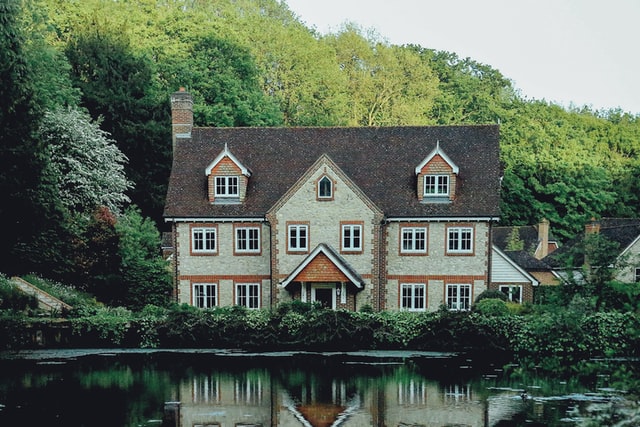Writing for Taxation magazine’s Readers’ Forum, BKL tax consultant Terry Jordan responds to a reader’s query on will trust removal and whether stamp duty land tax (SDLT) will be due on sale of deceased’s share in a property.
‘An adult (John) and two elderly parents (Peter and Janet) owned a house as tenants in common: John 50% and Peter and Janet 25% each. The original mortgagor would not accept three names on the mortgage so only Peter and John were named on the title, with Janet’s interest being noted on the land registry.
John took out, and was responsible for, the mortgage (although Peter was also on the mortgage) and Peter and Janet both put in capital. The mortgage was for less than 50% of the cost. Peter died and left his 25% share in the property to be divided equally between his adult children John and Susan, in trust during the life of the surviving parent. There were mirror wills between the parents.
John needs to remortgage and has been told that the will trust is an insuperable obstacle. The family has agreed to end the trust and hold the property 50/50 between John and Janet, with Susan’s interest in the estate (she has no stake in the house) being covered by the wills of the surviving parties. The ultimate intention is, should Janet predecease the children, that each child will inherit 25% of the parents’ 50%, and then John will buy out Susan’s quarter share and become sole owner.
The solicitor handling the removal of the will trust has suggested that: (a) the will trust will need to be registered with HMRC even though it will be ended before the September deadline; and (b) the conveyance of Peter’s 25% share from the trust to Janet may result in SDLT becoming payable. This seems unlikely. Am I missing something?’ Query 19,992 – House Elf.
Terry Jordan’s reply: It will be necessary to register if Peter died more than two years ago.
‘Peter and Janet contributed capital and it may be that there are no concerns about gifts with reservation of benefit for inheritance tax purposes or the income tax charge on pre-owned assets (POAT). Peter and John have secured a mortgage against the property.
Peter died and left what is now an immediate post-death interest (IPDI) in his 25% share to Janet with remainders over to John and Susan on their mother’s death. The 25% share would have benefited from the IHT spouse exemption in Peter’s estate and it is currently part of Janet’s estate.
The family have agreed that the trust should be ‘broken’ with the will trust share being transferred outright to Janet. This will represent an enlargement of her current IPDI with no inheritance tax consequences (IHTA 1984, s 53 (2)). Although value will leave Susan’s estate her reversionary interest is currently excluded property (s 48 (1)).
Terminating the trust will constitute a disposal for capital gains tax purposes and nowadays relief under TCGA 1992, ss 222 to 224 as extended to settlements by s 225 needs to be claimed by the trustees.
On whether the conveyance of Peter’s 25% share in the property from the trust to Janet would incur a liability to SDLT and that the trust would have to be registered with HMRC, SDLT is charged on consideration and provided Janet is not responsible for any part of the mortgage there should be no liability to SDLT.
On the premise that Peter died more than two years ago it would seem from HMRC’s Trust Registration Service manual at TRSM 23020 that it will be necessary to register.’
Our tax team have expertise in a range of areas including wills, inheritance tax, trusts and probate, as well as property transactions and asset transfers. For more information, please get in touch with your usual BKL contact or use our enquiry form.


